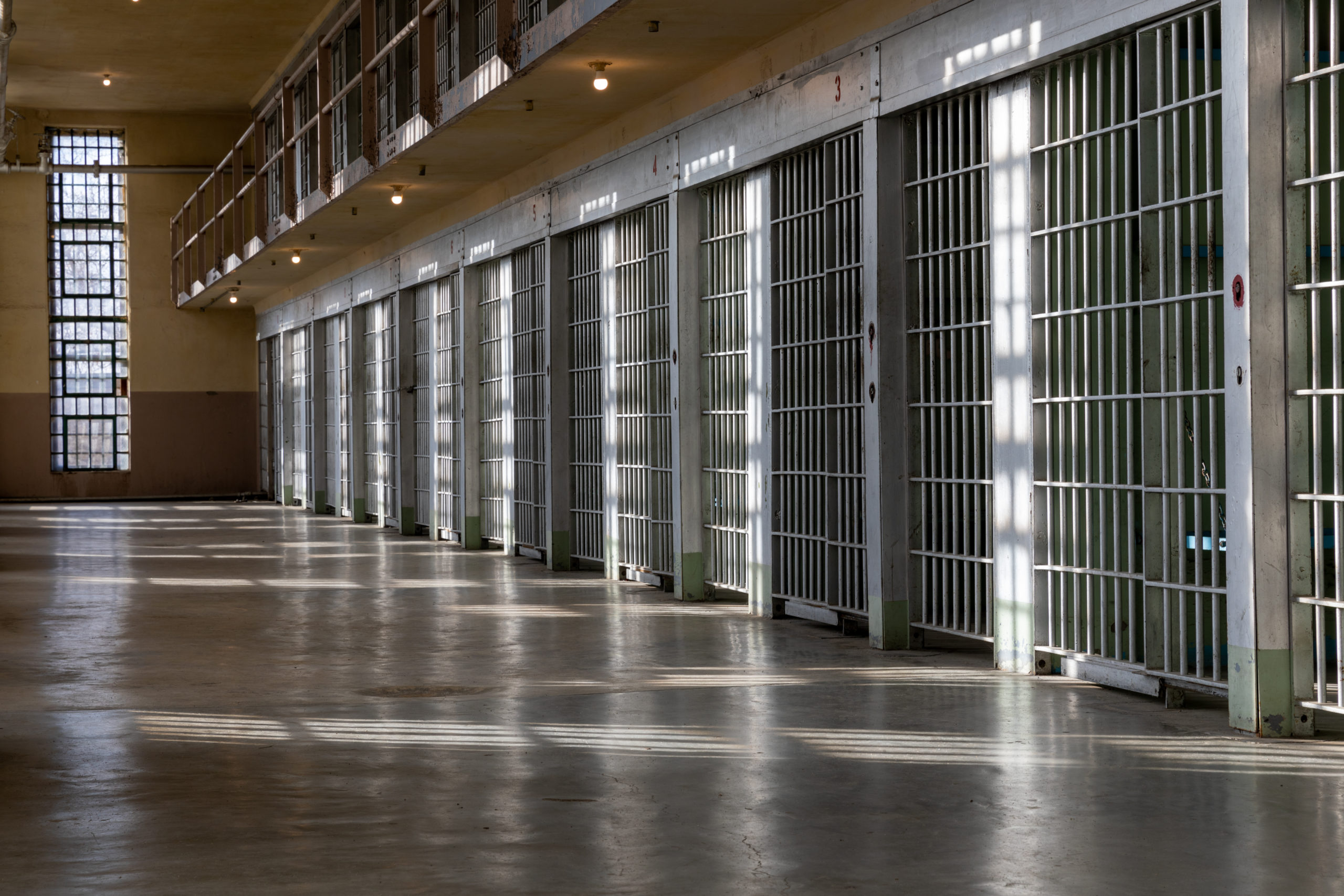With the number of COVID-19 cases increasing daily, the impact of mass incarceration and the conditions in our jails and prisons have never been more critical.
Tragically, what was simply overcrowded and run-down facilities that already failed to ensure safe and healthy conditions, are now deadly for the individuals locked up.

What Are Some of the Biggest Challenges for Prisoners Right Now?
Inability to Socially Distance
Overcrowding plagued prisons before COVID-19, and the virus has only exacerbated the problem. People share small cells with bunk beds. They gather in small, shared rooms and use shared bathrooms. They cannot help but be in close contact with each other. Maintaining the recommended six feet of distance is simply not possible. Their risk of exposure is inevitably increased.
Lack of Proper Protocol
A Washington Post article stated that at Louisiana’s Oakdale federal prison, “Prisoners, fearing they may be abandoned in an isolation cell and left for dead, are not reporting their symptoms.” Commenting on the staff’s response, Corey Trammel, an Oakdale correctional officer and president of the officers’ union, said, “They are keeping us in the dark; they are keeping the community in the dark about what is happening here.” He continued, “The bureau needs to be educating our staff more on what to do. I don’t have any answers for my staff. I’m going to the Internet to figure out what to do.”

Lack of Effective Sanitation Procedures
The Washington Post article further described the situation at the Oakdale prison, noting, “People say fellow prisoners at Oakdale—assigned to clean sinks, toilets, and showers—are ignoring their job assignments because they fear the work will kill them.”
Joe Rojas, Southeast regional vice president for the Council of Prison Locals, lamented that prison staff are being denied the most basic forms of protection, saying, “Masks are not being provided in a majority of facilities.” He described hearing that fellow officers were ordered to remove masks they purchased or made them themselves by prison officials.
Commissary Closings
In some prisons, commissary employees were deemed non-essential, and their commissaries were shut down. Commissaries are vital to prison life, and many prisoners rely on their commissaries for necessary hygienic and medical products like:
- Soap
- Allergy medicines
- Antifungal treatments
- Sleep medication
- Pain and fever reducers like Advil
These items are critical for people to reduce the spread of germs and treat symptoms if they become ill. With commissaries closed, they have no means to access these kinds of items.
Prolonged Stays
Naturally, tensions are high in jails and prisons during this time, especially for individuals with upcoming court cases. For some, court dates have been postponed as long as two months due to courts being closed or reducing in-person court sessions. As a result, incarcerated individuals rightfully feel their civil liberties are being abused, particularly those awaiting trial, and that they face a death sentence rather than “only” having their freedom taken away.
With court shutdowns across the country, many trials are postponed indefinitely, leaving un-convicted, presumably innocent people stuck in confinement in an environment rife with coronavirus risks.
Separation from Family
Due to virus fears, many prisons have suspended family visits. People come to depend on these visits to maintain their mental health and keep their spirits lifted. With concerns about health and well-being top of mind for both people and their families, this separation leads to an increased risk of mental health issues.
How You Can Help
By increasing awareness through advocacy campaigns, The Fair Fight Initiative sheds light on the inhumane conditions prisoners are forced to endure – abuse, violence, and, now, the very real threat of COVID-19. The Initiative fundraises to provide people with financial support to pursue legal action against this illegal, often appalling treatment.
A prison system should reflect our American ideals of human rights and justice. Help us bring those accountable to trial by donating to the Fair Fight Initiative.
This funding allows the Fair Fight Initiative to document and litigate cases of gross injustice.
If you believe you are a victim of prison system maltreatment, we encourage you to apply for funding. Please note that our response may take weeks as we evaluate many cases.
Approved cases will be documented and litigated with funds generated by our nonprofit. Fair Fight Initiative receives many applications, and responses may take many weeks.
